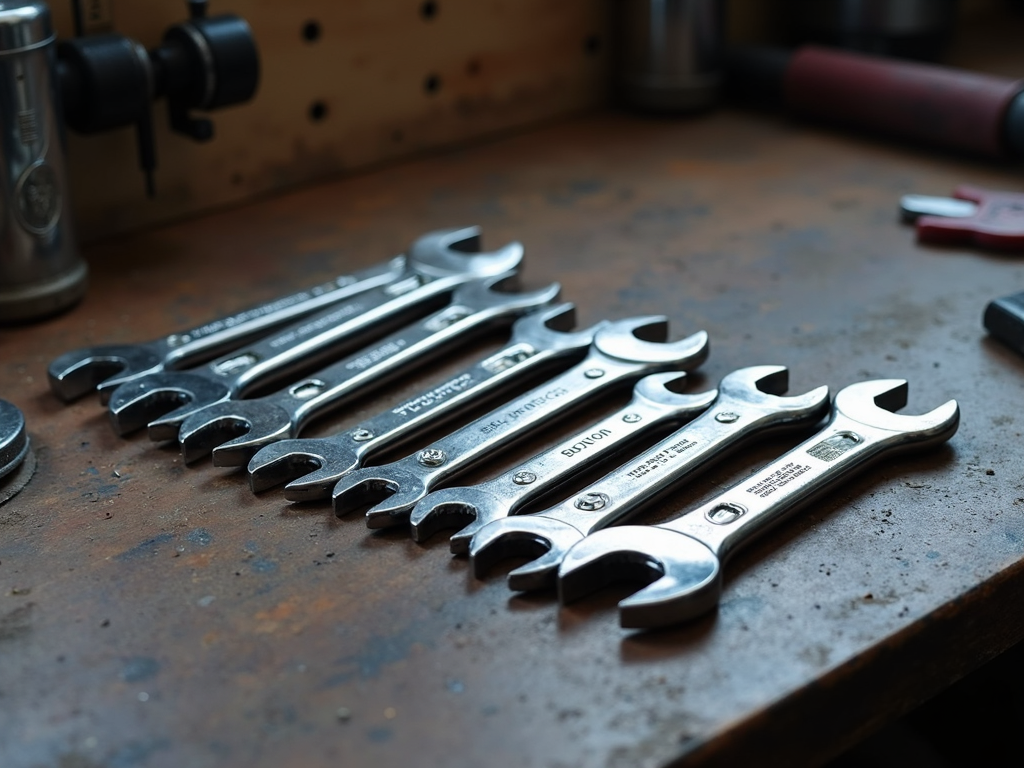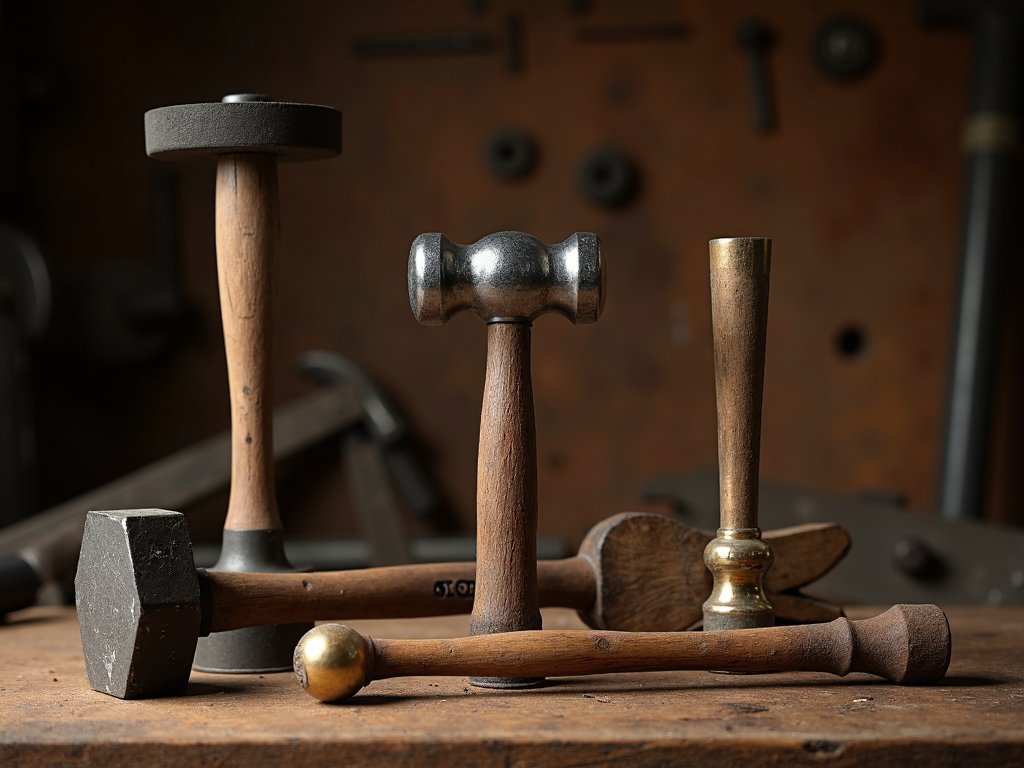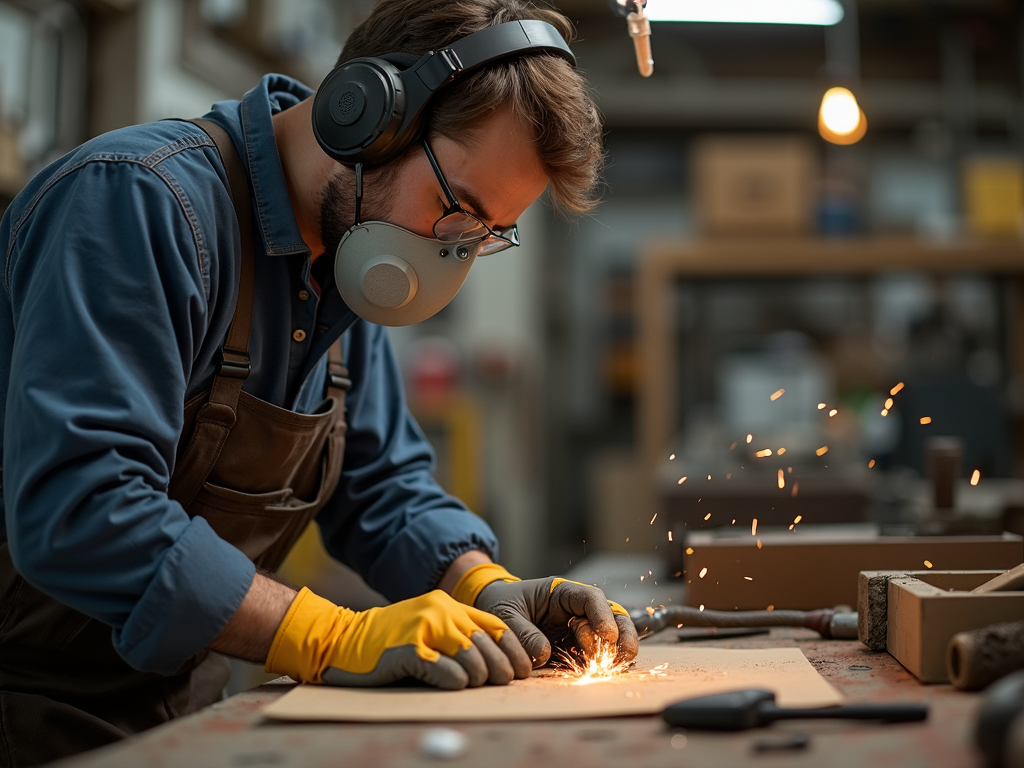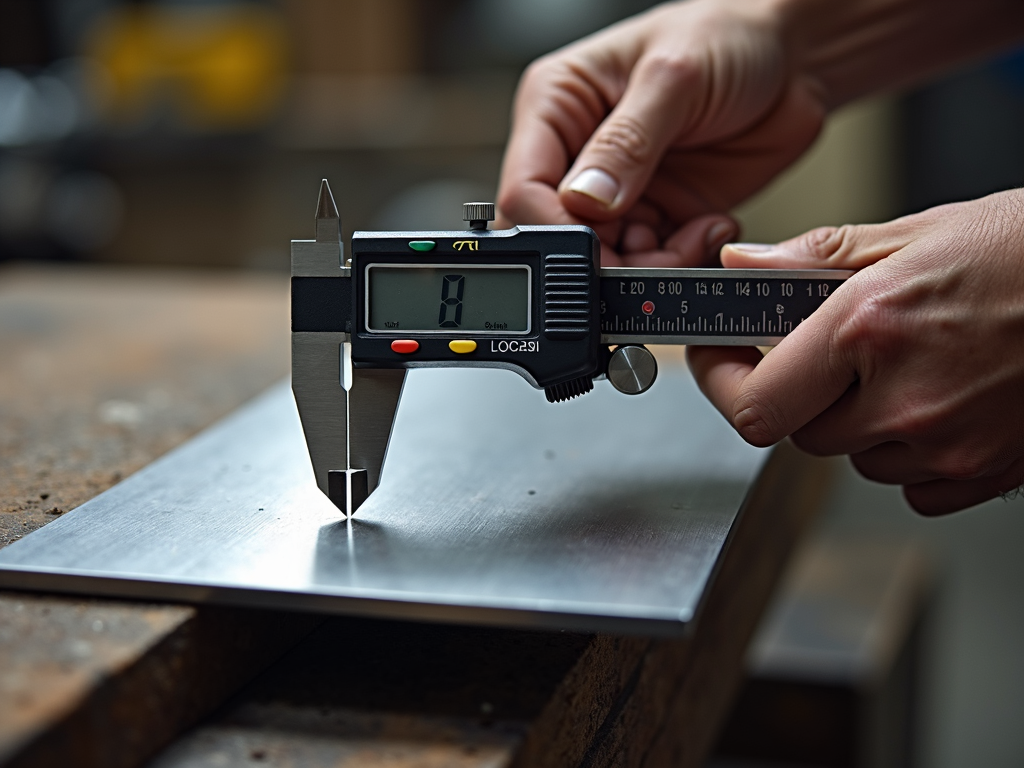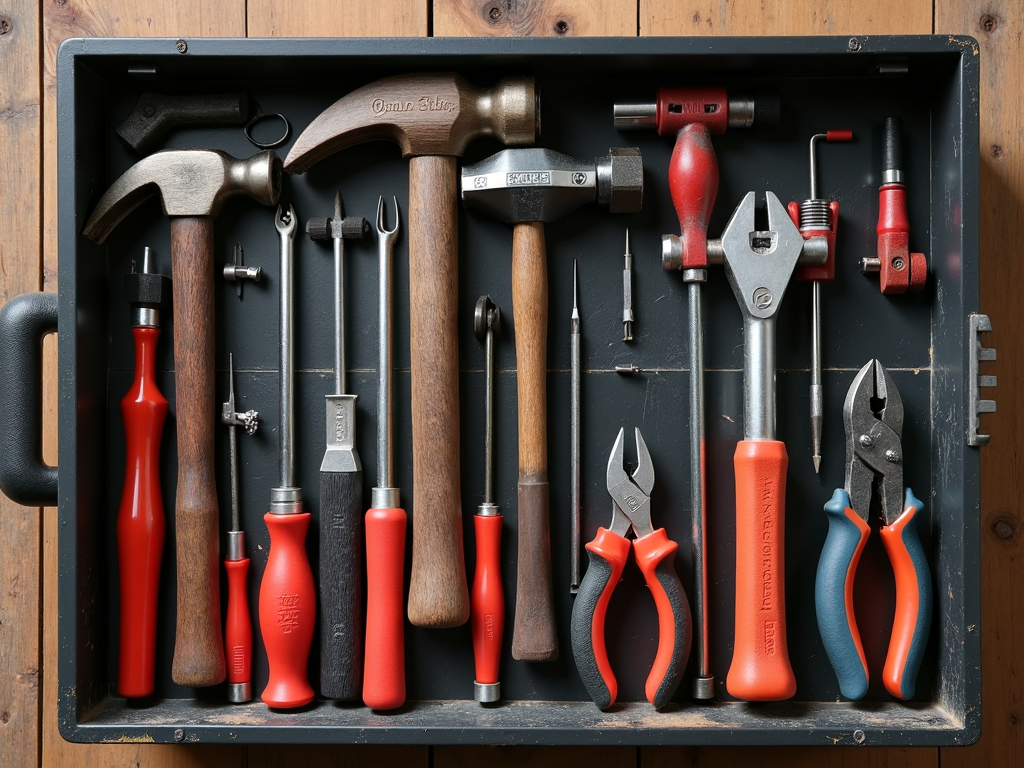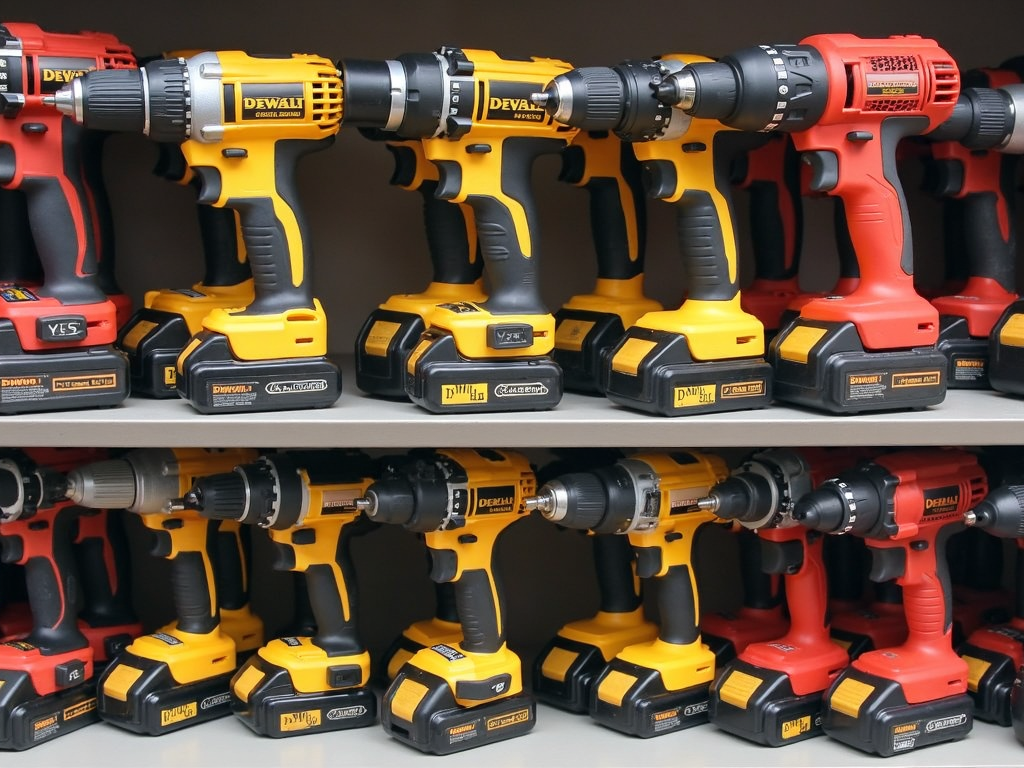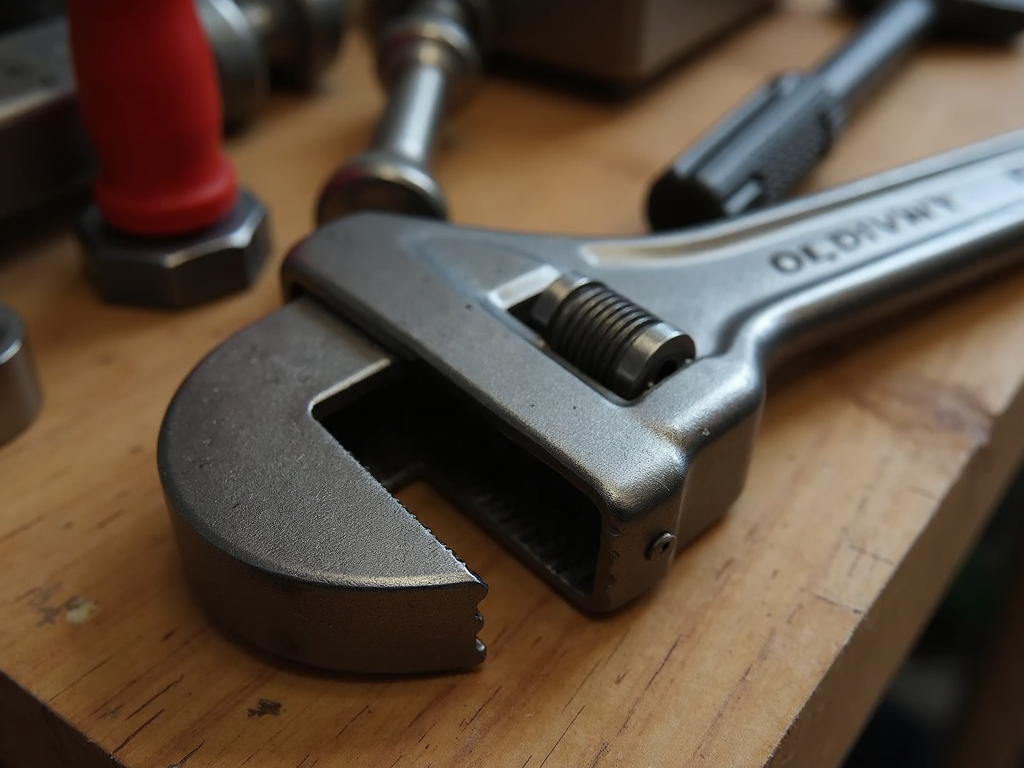Whether you're a seasoned DIY enthusiast or just starting out, having the right tools can make all the difference in your home improvement projects. This comprehensive guide will walk you through the essential tools every handyman should have in their toolkit. From basic hand tools to must-have power equipment, we'll cover everything you need to tackle a wide range of tasks with confidence.
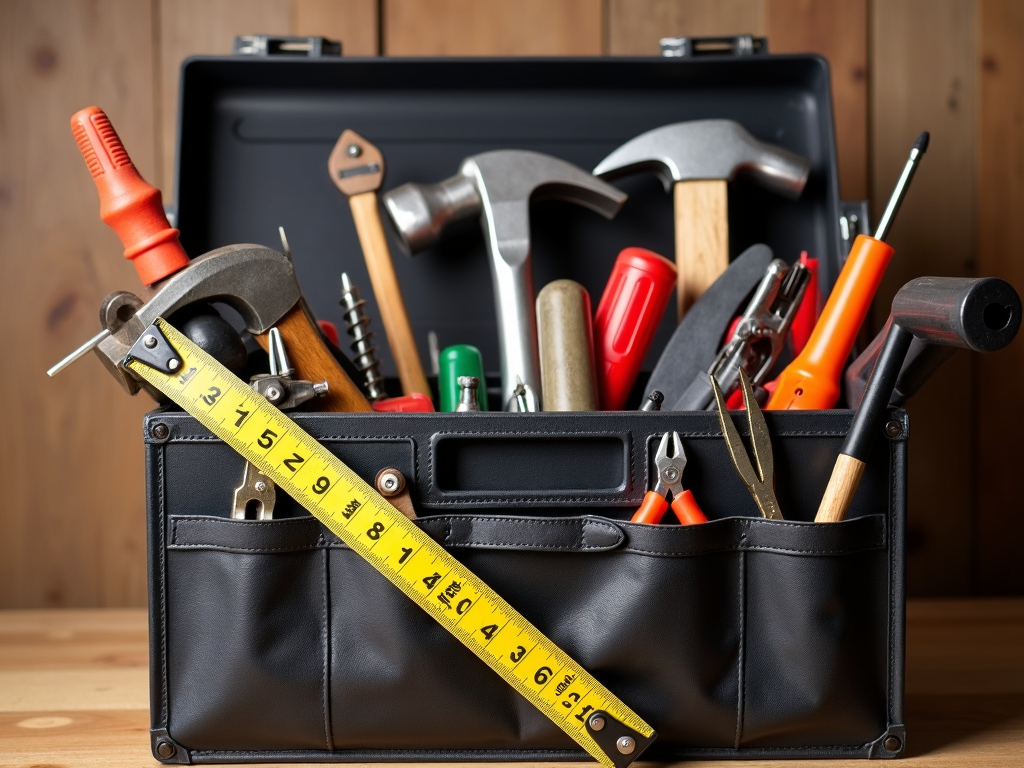
The Foundation: Basic Hand Tools
Every handyman's toolkit starts with a solid foundation of basic hand tools. These versatile instruments are the backbone of any DIY project, allowing you to measure, cut, fasten, and manipulate materials with precision.
1. Hammer: The Quintessential Tool
No toolkit is complete without a reliable hammer. This iconic tool is essential for driving nails, removing them, and even light demolition work. When choosing a hammer, look for one with a comfortable grip and a weight that feels balanced in your hand. A 16-ounce claw hammer is a great all-purpose choice for most household tasks.
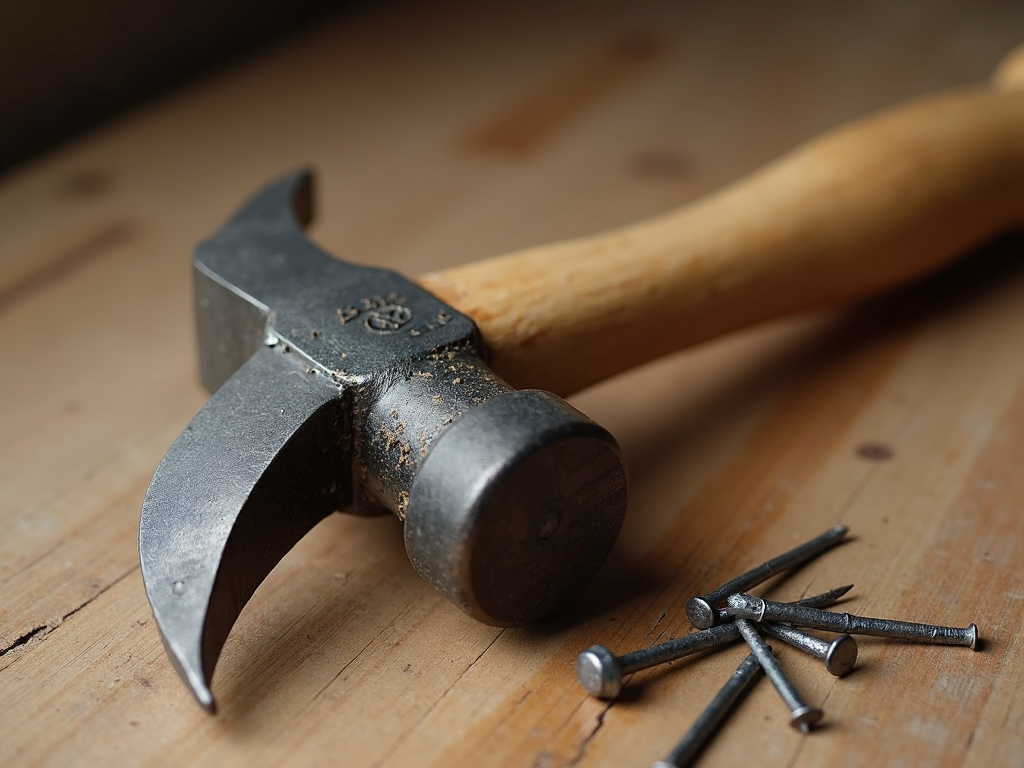
2. Screwdrivers: Flathead and Phillips
Screwdrivers are indispensable for assembling furniture, tightening loose screws, and countless other tasks. Invest in a set that includes both flathead and Phillips head screwdrivers in various sizes. For added convenience, consider a multi-bit screwdriver that allows you to switch between different tips easily.
3. Pliers: Grip and Twist with Ease
Pliers come in handy for gripping, bending, and cutting wires, as well as holding small objects steady. A good pair of needle-nose pliers and a set of locking pliers (often called Vise-Grips) will cover most of your needs. Don't forget a pair of wire cutters for electrical work.
4. Tape Measure: Measure Twice, Cut Once
Accuracy is key in any project, and a tape measure is your best friend for ensuring precise measurements. Look for a 25-foot tape measure with both imperial and metric units. A locking mechanism and a sturdy belt clip are also useful features.
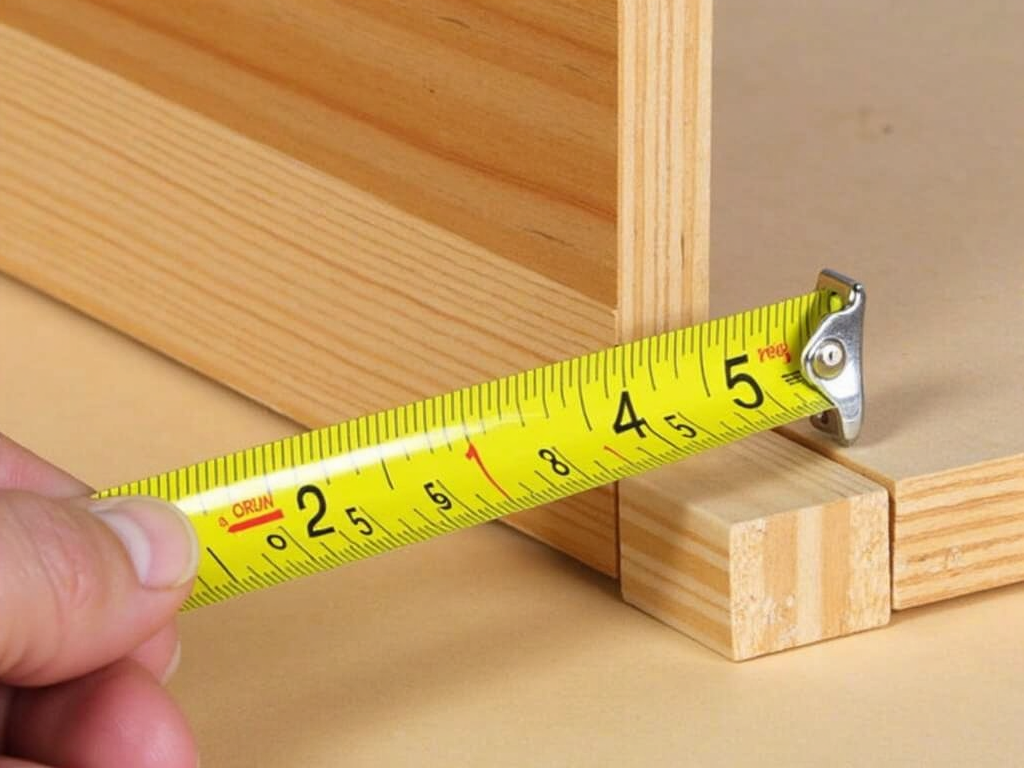
5. Level: Keep It Straight
Whether you're hanging pictures or installing shelves, a level ensures your work is perfectly horizontal or vertical. A 2-foot level is a good starting point, but consider adding a smaller torpedo level for tight spaces.
Power Up: Essential Power Tools
While hand tools are crucial, power tools can significantly speed up your work and expand your capabilities. Here are the must-have power tools for every handyman:
1. Cordless Drill: Versatility in Your Hands
A cordless drill is perhaps the most versatile power tool you can own. It's perfect for drilling holes and driving screws quickly and efficiently. Look for a model with variable speed, a keyless chuck, and at least 18 volts of power. Don't forget to invest in a set of drill bits and screwdriver bits.
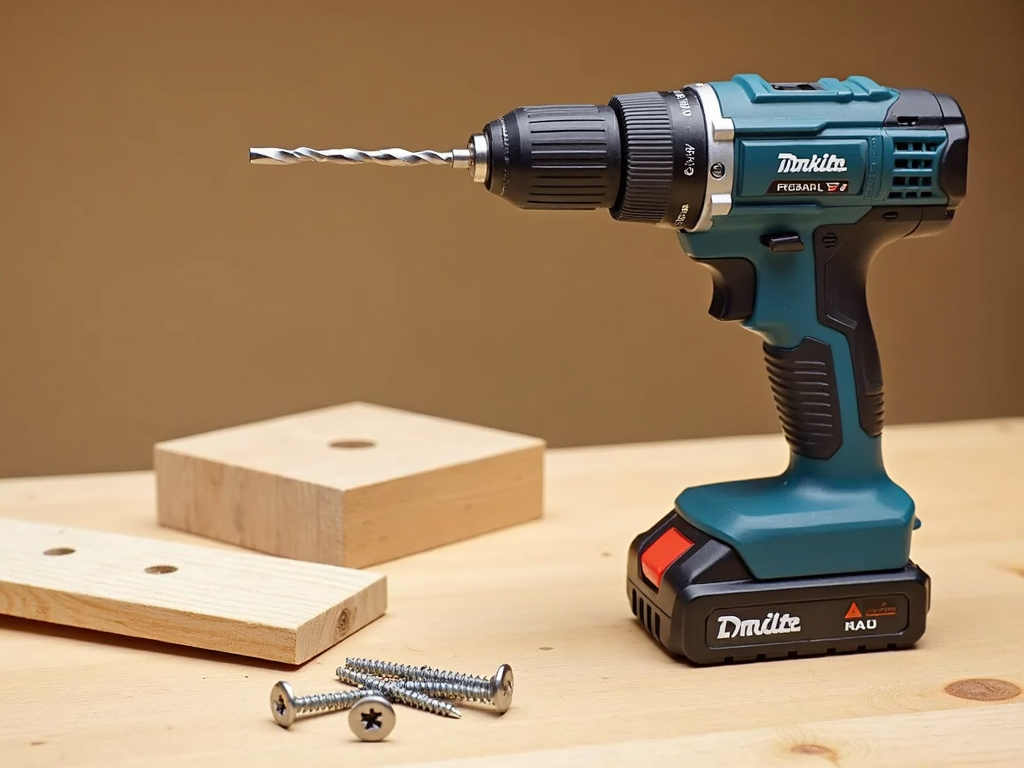
2. Circular Saw: Cut with Precision
For making straight cuts in wood, plywood, or other sheet materials, a circular saw is indispensable. Choose a model with a 7-1/4 inch blade for versatility. Remember to always use safety glasses and follow proper safety precautions when operating a circular saw.
3. Jigsaw: Curves and Intricate Cuts
When you need to make curved or intricate cuts, a jigsaw is your go-to tool. It's perfect for cutting shapes in wood, metal, or plastic. Look for a jigsaw with variable speed control and orbital action for smoother cuts.
Safety First: Protective Gear
No toolkit is complete without proper safety equipment. Protecting yourself should always be a top priority when working on any project.
1. Safety Glasses: Shield Your Eyes
Safety glasses are a must-have for protecting your eyes from flying debris, dust, and other hazards. Choose a pair that fits comfortably and provides adequate coverage.
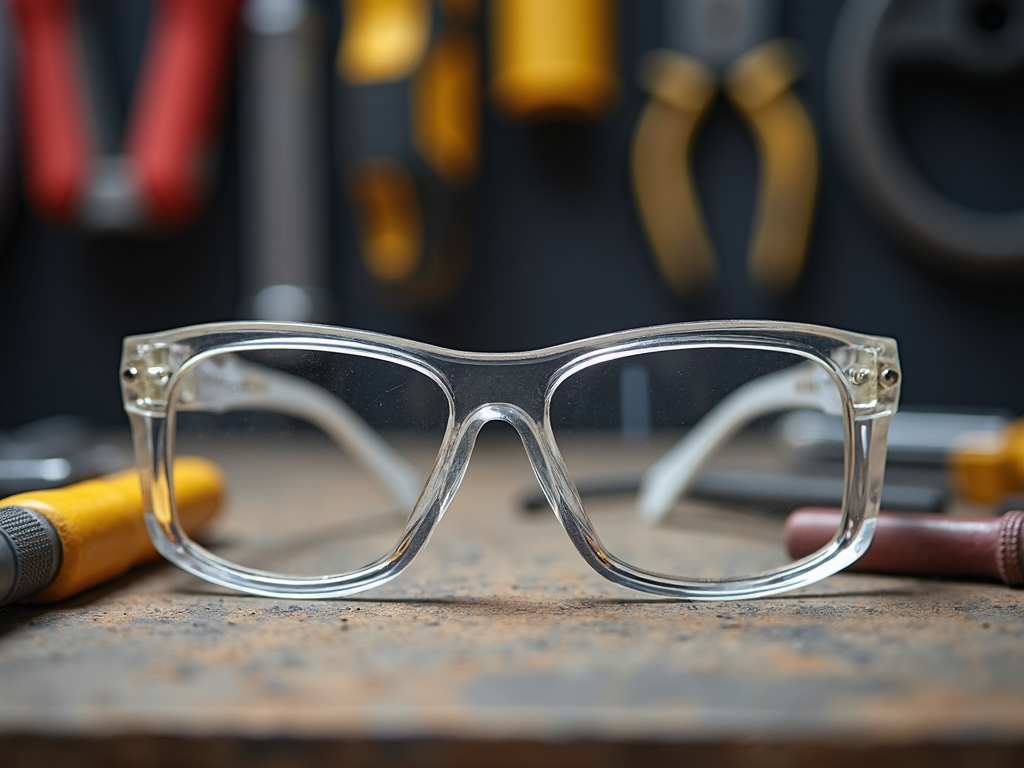
2. Work Gloves: Protect Your Hands
A good pair of work gloves will protect your hands from cuts, blisters, and other injuries. Look for gloves that offer a balance of protection and dexterity, allowing you to handle tools comfortably.
3. Ear Protection: Save Your Hearing
When working with loud power tools, ear protection is crucial. Invest in a pair of earmuffs or earplugs rated for the noise level of your tools.
Organization: Keeping Your Tools in Order
As your toolkit grows, keeping everything organized becomes increasingly important. A well-organized workspace not only saves time but also helps prevent accidents.
1. Toolbox or Tool Bag
Choose a sturdy toolbox or tool bag to store and transport your hand tools. Look for one with multiple compartments to keep everything neatly arranged.
2. Pegboard or Wall Storage
For your workshop or garage, consider installing a pegboard or wall storage system. This allows you to hang tools within easy reach and keeps your workspace clutter-free.
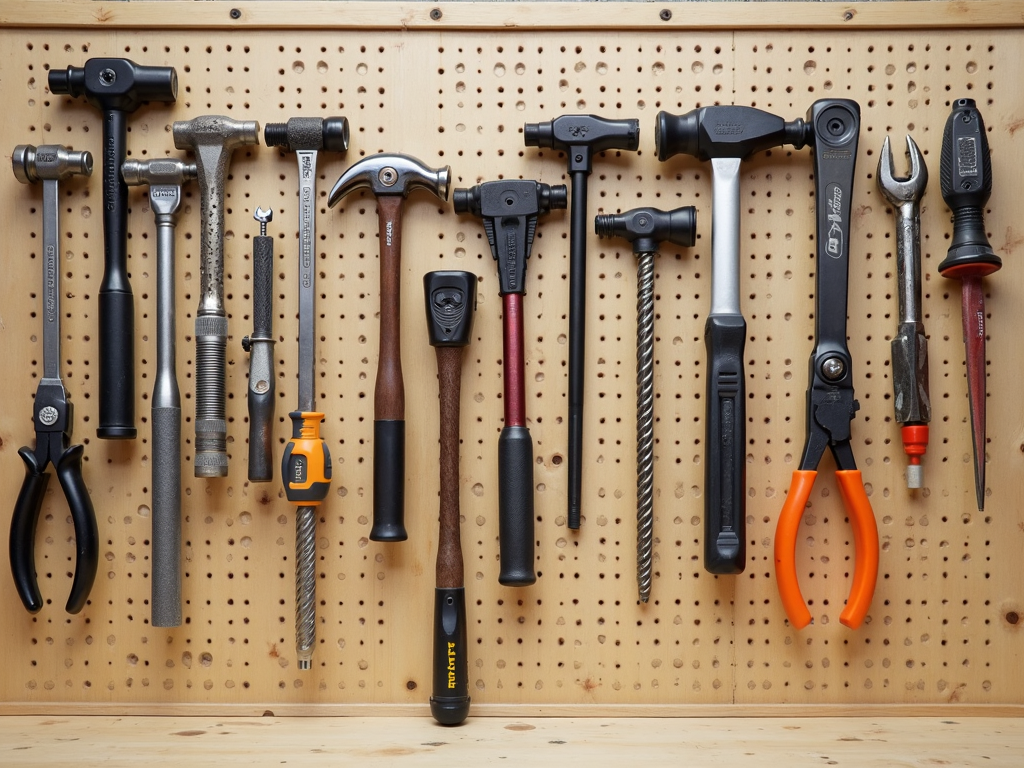
Expanding Your Toolkit: Specialized Tools
As you gain experience and take on more complex projects, you may want to add some specialized tools to your collection. Here are a few to consider:
1. Multimeter: Electrical Work Made Easier
A multimeter is essential for any electrical work, allowing you to measure voltage, current, and resistance. It's a must-have for troubleshooting electrical issues or installing new fixtures.
2. Stud Finder: Locate Hidden Structures
When hanging heavy items or working on walls, a stud finder helps you locate the wooden studs behind the drywall. This ensures your installations are secure and stable.
3. Pipe Wrench: Plumbing Essentials
For basic plumbing tasks, a pipe wrench is invaluable. It allows you to grip and turn pipes and fittings with ease.
Maintaining Your Tools: Tips for Longevity
Proper maintenance of your tools not only extends their lifespan but also ensures they perform at their best. Here are some tips for keeping your tools in top condition:
- Clean tools after each use to remove dirt and debris
- Store tools in a dry place to prevent rust
- Lubricate moving parts regularly
- Sharpen blades and bits as needed
- Check power tool cords and batteries for wear
By taking care of your tools, you'll save money in the long run and always be ready for your next project.
Conclusion
Building a comprehensive toolkit is an ongoing process, but starting with these essential tools will set you up for success in a wide range of handyman tasks. Remember, the key to becoming a skilled handyman isn't just having the right tools—it's knowing how to use them effectively and safely.
As you continue to grow your skills and toolkit, don't hesitate to invest in quality tools that will last for years to come. With practice and the right equipment, you'll be tackling even the most challenging home improvement projects with confidence.
Related essential tools for every handyman:
- The Evolution of Painting Techniques Through History: From Cave Walls to Modern Tools
- Toolbox Essentials: Organizing Like a Pro
- Boost Your Energy: Nutrition Tips for a Productive Day
- Specialty Hammers for Crafts and Hobbies: Essential Tools for Precision Work
- Safety First: Protecting Yourself in the Workshop
- DIY Workshop Safety Tips for Every Hobbyist: A Comprehensive Guide
- How to Prep Your Room for Painting: A Comprehensive Guide
- Essential Workman Tools for Metalworking: A Comprehensive Guide
- Top Workman Tools for Electricians: Must-Haves for Every Job
- Advanced Tool Maintenance Techniques: Ensuring Longevity and Efficiency
- How to Choose the Right Power Drill for Your Project
- The Ultimate Guide to the Best Wrench Sets for Construction Workers

